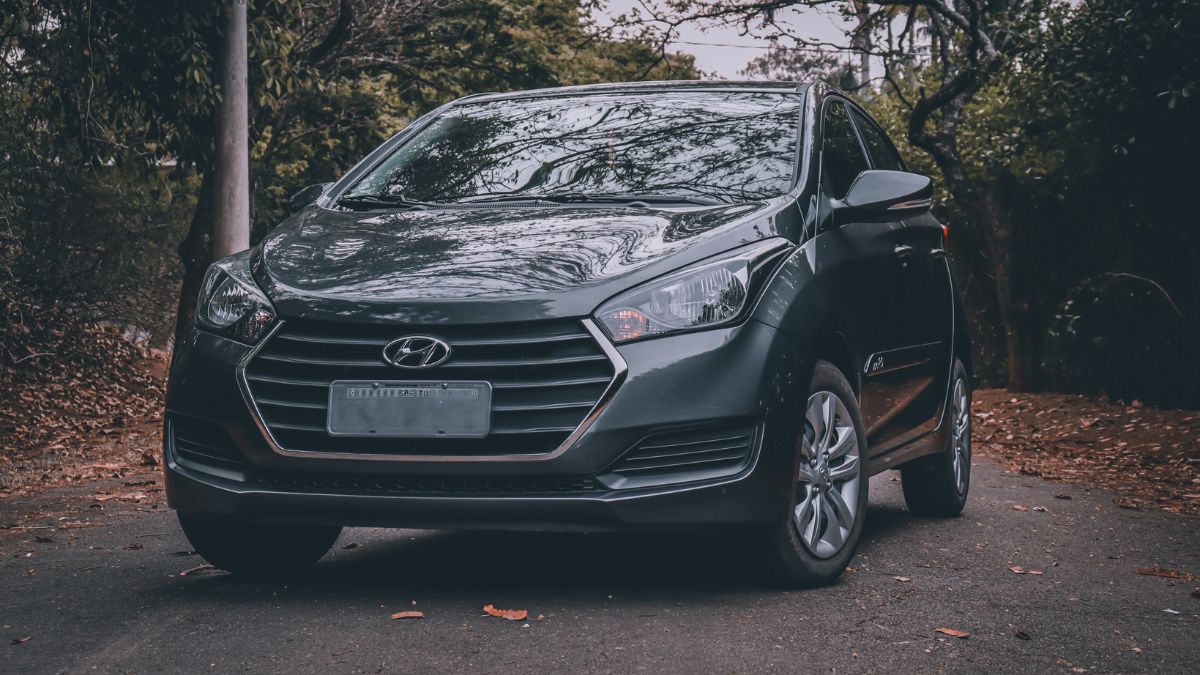
Road Trip Ready: How to Prepare Your Car for Long Distance Travel in Kenya
Planning a road trip to Kisumu for a family visit, Diani for a beach escape or Samburu for the wilds? Sounds exciting! But before you hit the road, your car needs some serious love.
I’ve done a few long drives myself (Nairobi to Kakamega – twice in one week!), so I know a little prep goes a long way. Trust me, the last thing you want is a breakdown at the Mau Summit or discovering your spare tyre is flat at Mtito Andei.
So here’s a complete, no-nonsense checklist to get your car road trip ready – for the Kenyan driving experience.
1. Tyres: Your First Line of Defense
Your tyres take the biggest beating on Kenyan roads. Check each one for:
- Cracks, bulges or excessive wear
- Correct pressure – including the spare (this one is often forgotten!)
Tip: Check the recommended PSI in your car manual or tyre sidewall. A tyre inflator can be a lifesaver if you’re driving through areas like Baringo or Kajiado with limited service stops.
2. Top Up All Your Fluids
Think of your fluids as your car’s vital organs. Before a long journey, check:
- Engine oil
- Brake fluid
- Coolant
- Power steering fluid
- Windshield washer fluid
Pro Tip: Carry small refill bottles – especially when heading to remote areas like Turkana or Tsavo where mechanics are far and few between.
3. Brakes: Don’t Take Chances
Brakes are not just for emergencies – they’re essential every minute you’re on the road. Get them checked for:
- Pad thickness
- Rotor wear
- Brake fluid levels
Descending through hilly areas like Limuru or Kericho demands responsive brakes. Don’t risk it.
4. Lights & Indicators: Safety Starts with Visibility
From foggy highlands to night drives on the highway, good lighting is non-negotiable.
Check:
- Headlights (both low and high beam)
- Brake lights
- Turn signals
- Hazard indicators
Carry spare bulbs if possible – they’re cheap and can get you out of a pinch.
5. Battery: Keep It Juiced Up
There’s nothing worse than a dead battery when you’re deep into a long journey.
Check:* Battery age (over 2.5 years? Be careful)
- Clean terminals – especially in dusty areas like Naivasha or Narok
- Holds charge after idle periods
Carry jumper cables – they’re a road trip must have.
6. Emergency Kit: Pack Smart, Drive Safe
Don’t hit the road without these:
- Jack and wheel spanner
- Reflective warning triangle
- Jumper cables
- First aid kit
- Torch or flashlight
- Phone charger + power bank
- Fire extinguisher
Keep everything in an easy to reach part of the boot.
7. Suspension System: For a Smooth Ride
A noisy or bumpy ride means worn out shocks or struts – not ideal for long drives.
Check:
- Suspension sounds (creaks or knocks)
- Steering responsiveness
- Ride comfort – especially when loaded
If you feel every bump on the road from Nairobi to Isiolo, it’s probably time for a suspension check.
8. Fill Up Early & Map Out Stops
Some stretches — especially in northern Kenya or the coastal interior — don’t have frequent petrol stations.
Do this:
- Start your trip with a full tank
- Use Google Maps to find fueling stations along your route
- Carry some cash — not all stations accept cards
9. Documents: Stay Legal
Don’t get caught without these at a police roadblock.
Have both physical and digital copies of:
- Driver’s license
- Logbook or a copy
- Insurance certificate
- NTSA sticker (if required)
Store these in your glove box or email them to yourself.
10. Weather & Terrain: Drive According to Conditions
Dry season? Expect overheating, dust and more engine strain.
Rainy season? Think slippery roads, mud and poor visibility.
Prep for:
- Mud tyres or chains if going off-road
- Good wipers and clean windscreen wash
- Proper coolant levels and working AC (for hot, dry stretches)
Pro Tip: Check the weather forecast the day before your trip — especially if you’re heading into the Aberdares or Western Kenya.
Final Thoughts: Travel Far, Travel Smart
Long distance drives in Kenya can be some of the most beautiful and rewarding journeys — from Rift Valley escarpments to coastal breezes in Watamu. But they require preparation.
So before you grab your sunglasses and snacks, make sure your car is trip ready. It could mean the difference between a smooth trip and a costly breakdown.